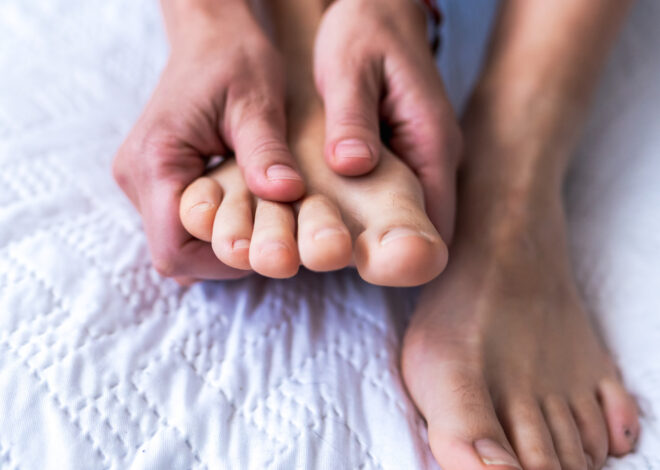
What Happens To Your Legs When You Don’t Eat Enough Protein – Health Digest

Preventing protein deficiency is within your control through mindful dietary choices and a balanced lifestyle. Make sure to include a variety of foods that are rich protein sources in your daily meals, such as lean meats, poultry, fish, eggs, dairy products, legumes, nuts, and seeds. Aim for a well-rounded diet that includes both animal and plant-based proteins to get a diverse mix of essential amino acids.
While the recommended dietary allowance is a good guideline, your needs can vary. If you have leg-related health concerns or are recovering from an injury, it’s always a good idea to talk to a healthcare professional or registered dietitian to figure out the proper protein intake for you. Sometimes, you might need to supplement your diet with protein powders or supplements, especially if you have dietary restrictions or trouble getting enough protein from food alone. Just chat with a healthcare professional before starting any supplements to ensure you’re taking them safely.


